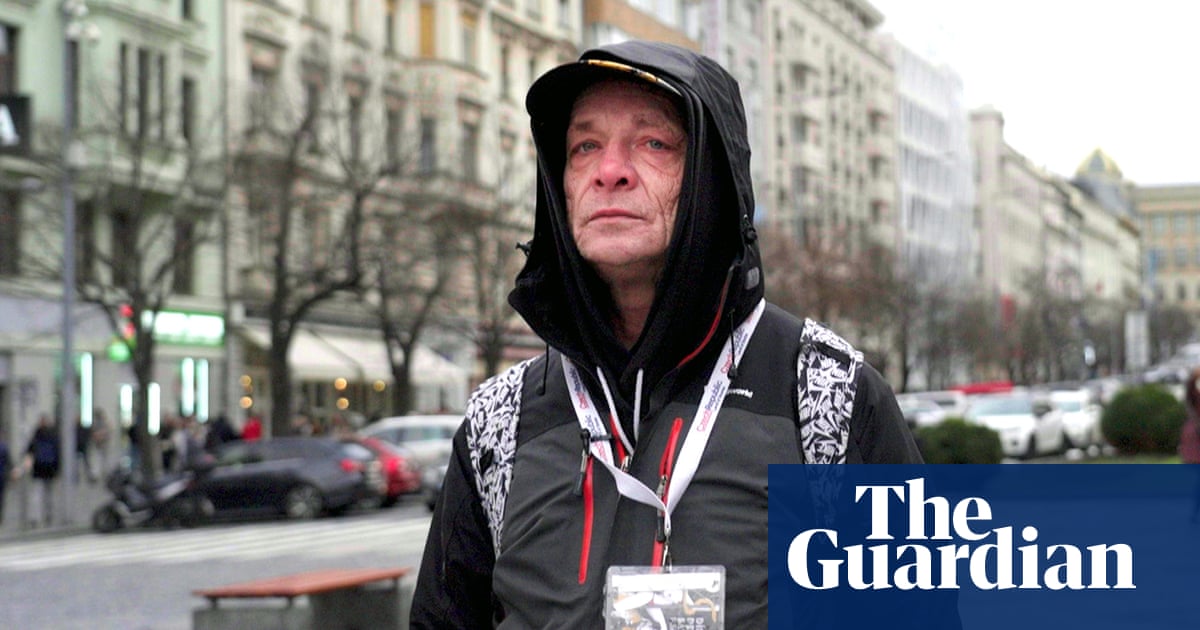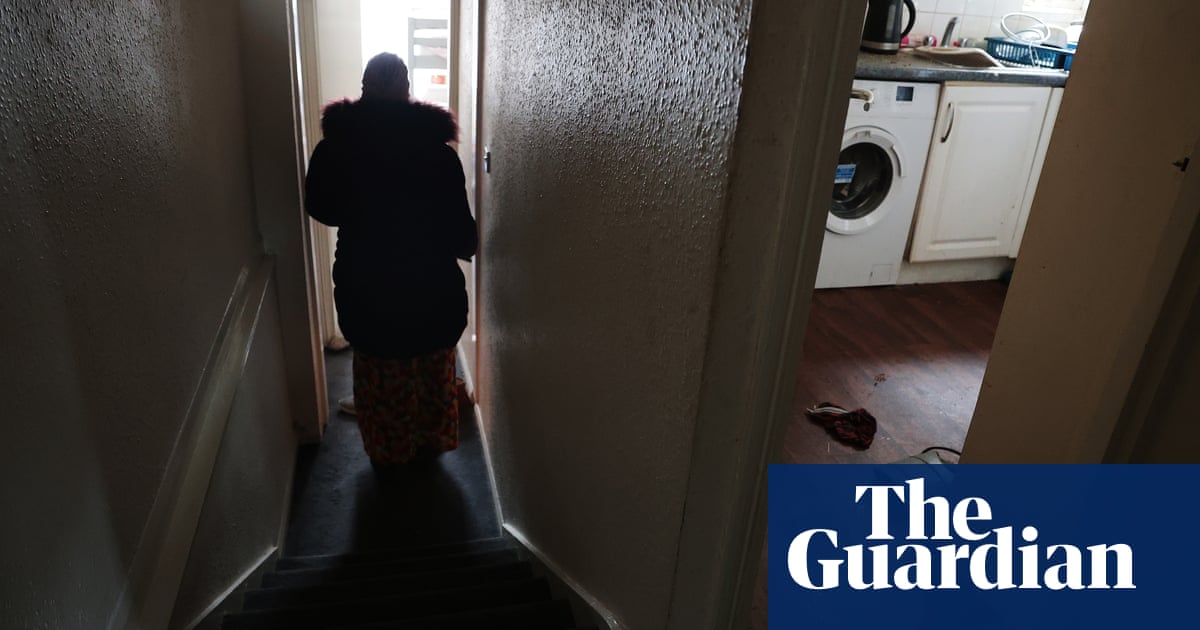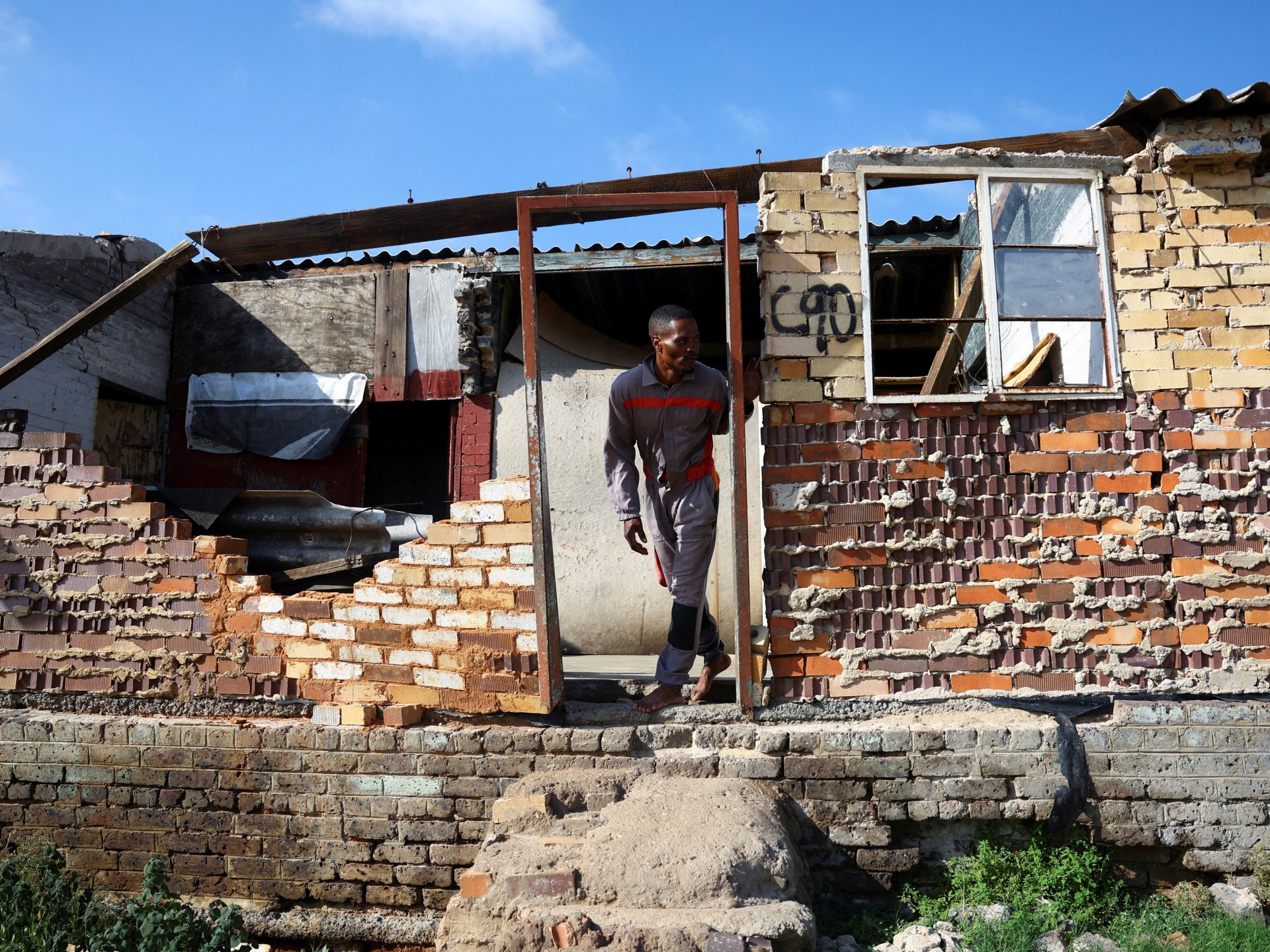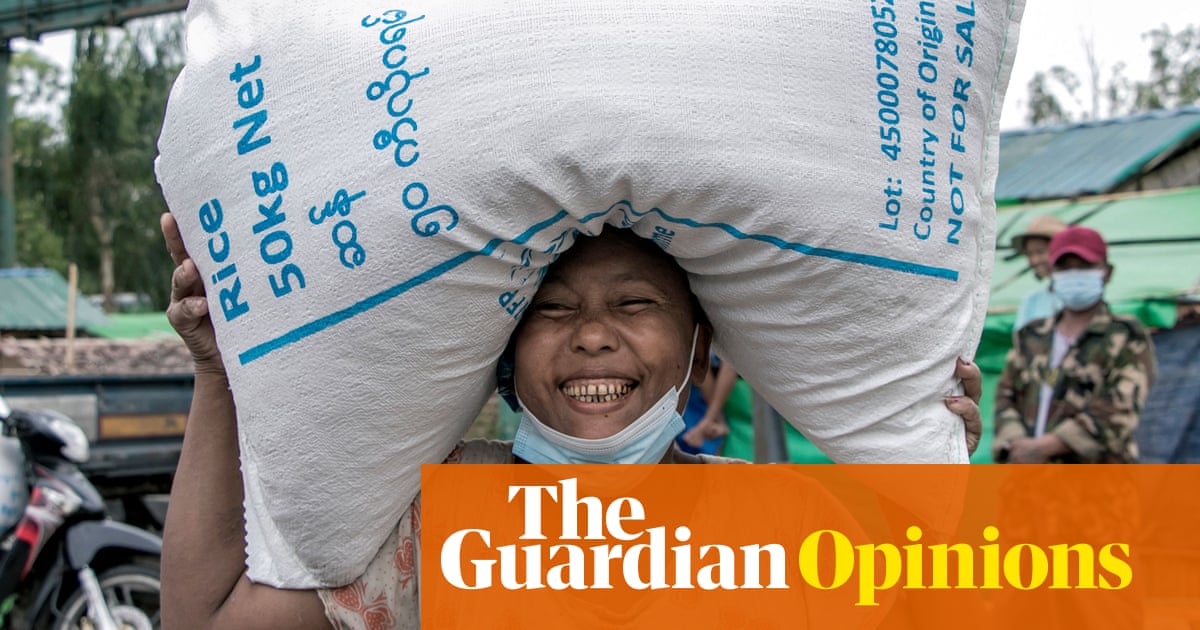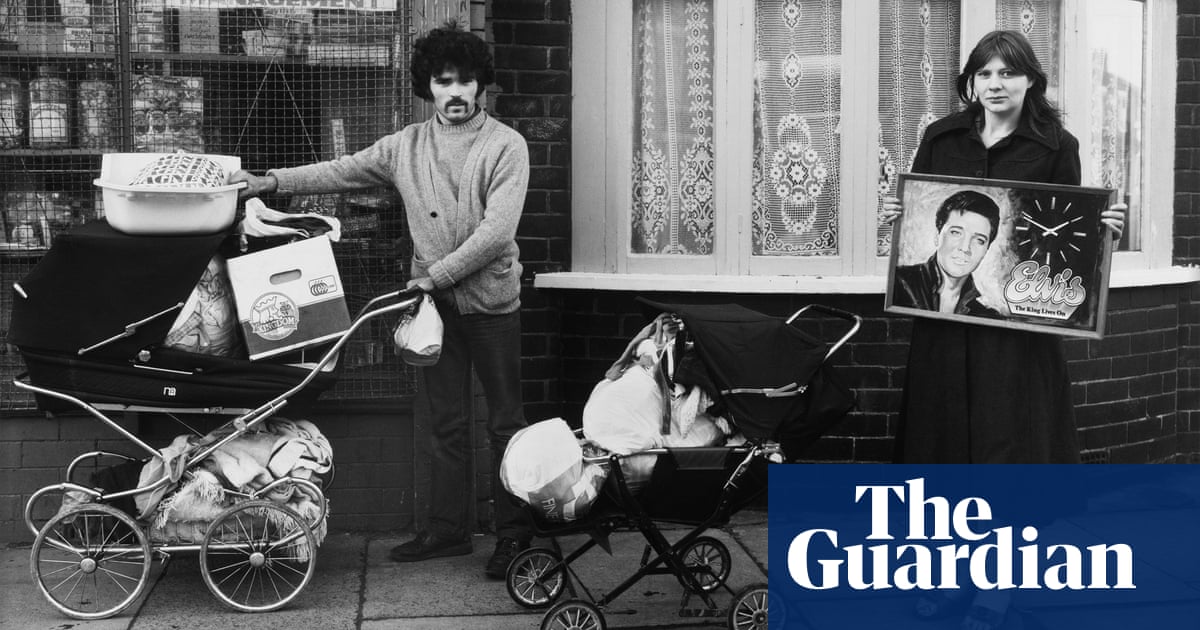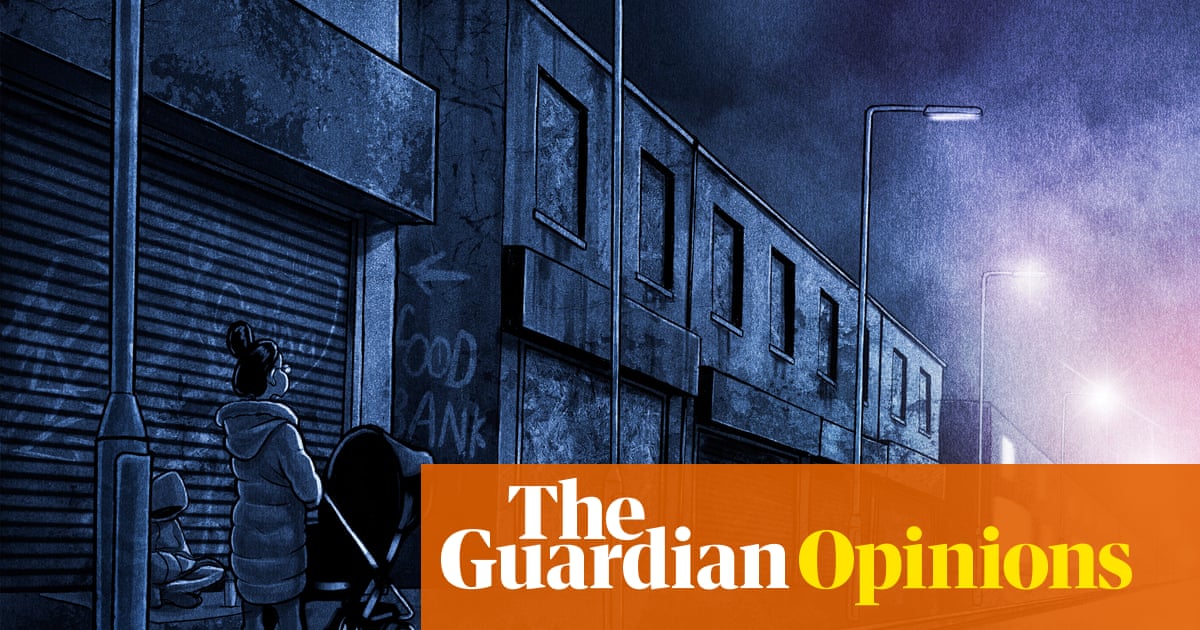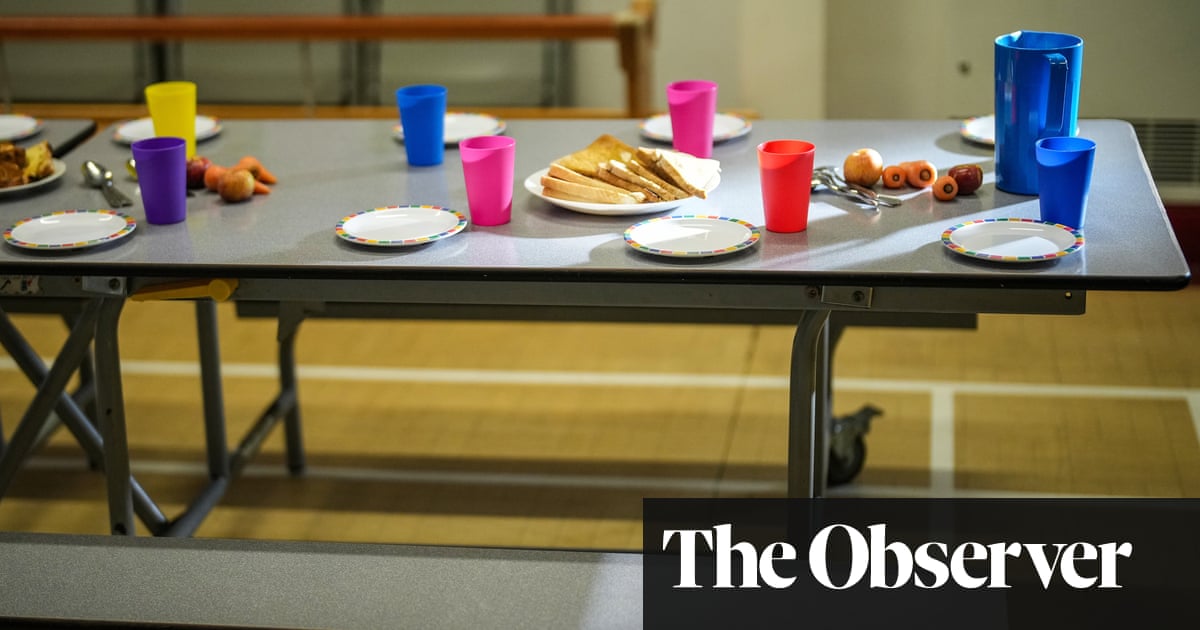Johannesburg, South Africa – On a chilly afternoon in Soweto, Mlindelwa Mtungwa, 61, cooks in his tiny, dimly lit room at the Diepkloof hostel, using a small two-plate stove connected to an electricity source outside. The father of six from Msinga village in KwaZulu-Natal (KZN) province moved to South Africa’s economic hub in 1979 in search of a better life, settling at the hostel some 14km (9 miles) south of the city centre. He has lived there ever since. Gently turning pieces of chicken in a pot, he recalled with surprising fondness how orderly the strict, male-only dormitories were when they were run by the repressive apartheid government and how jobs were abundant, helping him pay rent and send money back home. “Even though we were oppressed by the system, we had jobs. The hostel had electricity, flushing toilets and showers that had warm water,” he said, lamenting how many of those basics are unobtainable today. Hostels were first introduced on the mines, and later townships like Soweto, as a place to house Black men …
